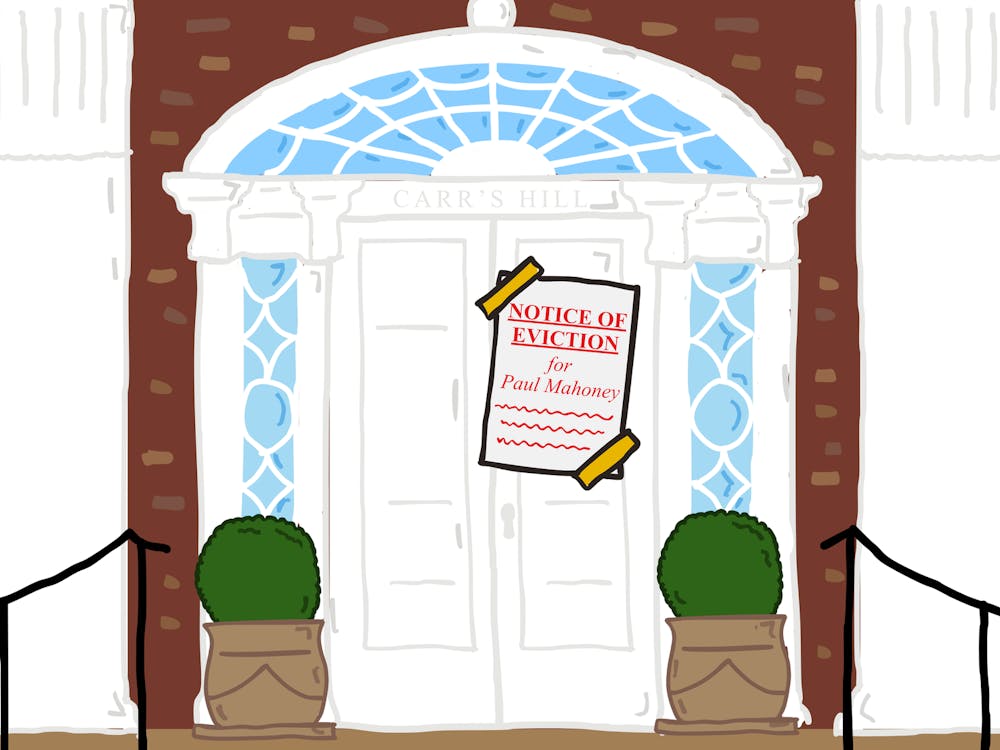I saw something in the news recently and want to share my reaction. I’ll begin with a quick summary of the event, peppered with loaded words. Instead of just describing what happened, I’ll insinuate that the other side was quick to judge and failed to understand the complexity of the situation, a complexity which I, as an undergraduate student, appreciate in full.
Instead of whatever you believe, you should accept this controversial, partisan claim.
At this point, you may be resistant. I’m going to legitimize my claim by bolding and underlining a few keywords. You probably assume these are hyperlinks. You might even hover over them with your mouse and glance at the web address. I’m fairly certain no one actually clicks through, let alone reads what I’ve referenced. This makes it seem like I’ve built credibility. Really, I just like their emphasis.
This is a reference to a historical figure or renowned expert. Take my word for it. I’m going to “quote one of their big ideas” and take it “out” of “context” so that it conveniently fits my claim. I don’t have to cite this source because, like somebody once said, no one “actually checks this stuff.”
This next part is very important. I have to obscure the issue with academic language long enough to wear you out. If you stop reading, I win. Editing is out the window. It’s actually to my advantage to write lengthy analyses rather than concise points because it makes it harder to refute them. If I laid out my claims in simple terms, people could contend each one methodically. This block of text is much harder to interpret.
If you read all of this, you may start to forget what we’re talking about. Ideally, you forget the fact that under each of these controversial, partisan claims lie actual human lives. My opinions could have life or death consequences for real people, but that’s not important. Remember, I’m debating this from an academic standpoint. I want to dehumanize the issue as much as possible. If I can confine this argument to the realm of theory, I win. Don’t forget about hyperlinks! You’re more likely to believe me if I use them.
Most people have given up by now. They likely skimmed the article, realized that it was nothing but a provocative claim which lacked substance and have shown it to their like-minded friends, remarking how stupid of an article it is. Thanks! That works to my advantage as well — the more people who share it, the better my article does. Regardless of what they say about it, if people share my article on Facebook, I boost the numbers for the Cavalier Daily Opinion section and get encouraged to write more. If you think about it, it would actually be advantageous for The Cavalier Daily to publish only controversial, partisan op-eds. Thankfully, the #2 public college newspaper in the country would never abandon their integrity like that.
This is my conclusion. I’m going end with a personal appeal. This hides all the flawed logic behind a veil of a moral plea: If we’re going to write controversial, partisan op-eds, let’s at least write them well. Thomas Jefferson once said that a “good” “opinion” [article] “must be” “well ... Written.” Now it’s time for the value-statement grand finale. Since it isn’t a factual claim, you can’t argue against it, which is why it works. Ready? I’ve been waiting for this the whole time. Here we go: to do anything else is simply wrong.






